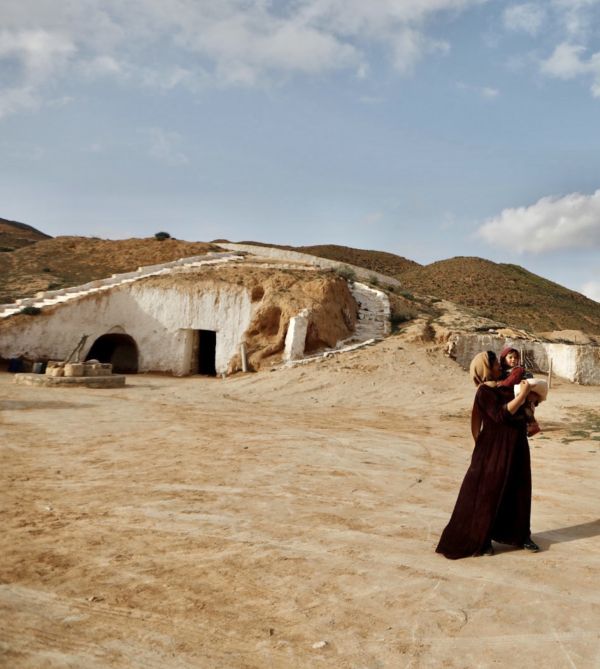In the passage proposed by the Liturgy of the day, Jesus calls us to concretely do his will, to be like a dwelling founded on his Rock, resisting rain and wind.
Brother Francis loved doing God's will deeply, so much so that it was his true consolation.
He was happy when he saw even among his brothers full adherence to the divine will, or at least repentance, where some act was a little reluctant.
The Sources, clear informants of authentic experience, document this and offer material for careful reflection.
"And they, receiving with great joy and gladness the precept of holy obedience, prostrated themselves before the blessed father, who, embracing them with tenderness and devotion, said to each one:
"Put your trust in the Lord and He will take care of you".
This phrase he repeated every time he sent some brothers to perform obedience" (FF 367).
The Poor Man of Assisi, even in the face of a great accumulation of evils and trials, testified to his incomparable adherence to the divine will, like another Job.
We read with emotion:
"But no matter how agonising his sorrows were, he did not call them sufferings, but sisters.
[...] And though exhausted by long and severe infirmity, he threw himself on the ground, beating his bones weakened in the crude fall.
Then he kissed the earth, saying:
"I thank thee, Lord God, for all these pains of mine, and I beseech thee, O my Lord, to give me a hundred times more, if it pleases thee so.
I will be most content, if Thou dost afflict me and spare me no sorrow, for to fulfil Thy will is for me exceeding consolation'" (FF 1239).
And when the time came for his departure:
"Lying on the earth, after having laid down his sackcloth, he lifted his face to heaven, according to his habit, totally intent on that heavenly glory, while with his left hand he covered the wound on his right side, that it might not be seen.
And he said to the brothers: "I have done my part; may Christ teach you yours" (FF 1239).
Francis, the Little One of Assisi, drew good from his new heart. He had built his spiritual edifice on the Rock of Christ.
In fact, the Sources bring us an episode that testifies to this:
"After some months had passed, Francis was staying at the church of the Portiuncula, and was near the cell that rises after the house, along the street, when that friar returned to speak to him about the psalter.
Francis said to him: "Go, and do as your minister tells you.
At these words, he began to return the way he had come.
But the Saint, who remained on the road, began to reflect on what he had said, and suddenly cried out after him:
"Wait for me, brother, wait for me!".
He went up to him and said:
"Come back with me, brother, and show me the place where I told you to do, concerning the psalter, what the minister will tell you."
When they arrived at that place, Francis bowed down before the friar and getting down on his knees said:
"My fault, brother, my fault! Whoever wants to be a minor must have only the cassock, the rope and the breeches, as the Rule says, and in addition the shoes, for those who are constrained by obvious necessity or illness".
To all the brothers who came to consult him on the subject, he gave the same answer.
And he used to say: 'AS MUCH AS A MAN KNOWS, AS MUCH AS HE DOES; AND AS MUCH AS A RELIGIOUS MAN IS A GOOD PREDICATOR, AS MUCH AS HE HIMSELF ACTS.
«Not everyone who says to me, "Lord, Lord!" will enter the kingdom of heaven, but he who does the will of my Father who is in heaven» (Mt 7:21)
Thursday of the 12th wk. in O.T. (Mt 7,21-29)












